Search Images
Browse Content (p. 651)
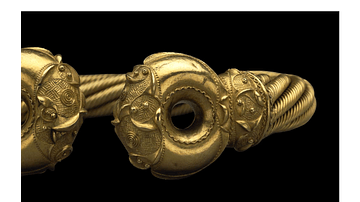
Image
Snettisham Great Torc Detail
A detail of the Snettisham Great Torc. Part of the Snettisham burial hoard found in Norfolk, England. Celtic, gold alloy, 150-50 BCE. Diameter 56 cm. (British Museum, London)
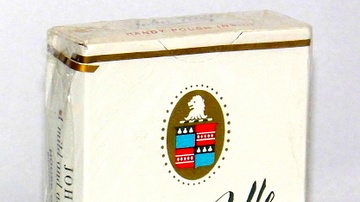
Image
John Rolfe Tobacco
Vintage package of John Rolfe pipe mixture tobacco, peach brandy flavor, made for the House of Edgeworth, Richmond Virginia.
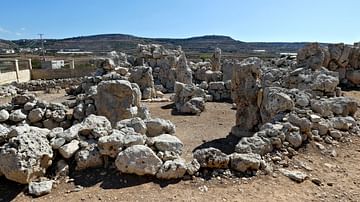
Image
Ta' Ħaġrat
Ta' Ħaġrat temples, Malta, built c. (3600-3200 BCE).
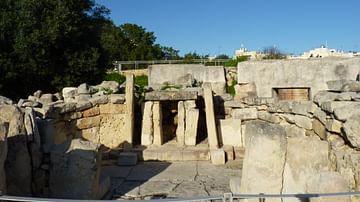
Image
Tarxien Temples, South Temple
Central feature of the South Temple of the Tarxien Temple Complex, Malta, built c. (3000-2500 BCE).
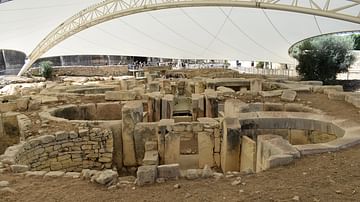
Image
Tarxien Temple Complex
Central Temple of the Tarxien Temple Complex in Malta, built 3000-2500 BCE.
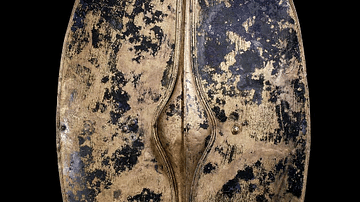
Image
Chertsey Shield
The bronze Chertsey Shield was discovered accidentally in 1985 in a silted-up channel of the River Thames in Abbey Meads, Surrey, England. It was made in the period 400-250 BCE. It measures 83.6 cm (33 in) in height and 46.8 cm (18.5 in...
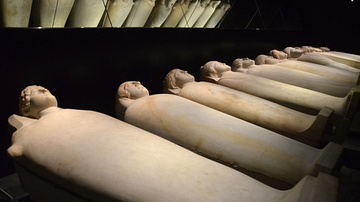
Image
Anthropoid Sarcophagi from Sidon
Phoenician anthropoid sarcophagi from Sidon (modern-day Lebanon), beautifully carved in white marble from Greece. The sarcophagi consist of a hollowed lower box covered by a lid that slightly conveys the contours of the upper body and the...
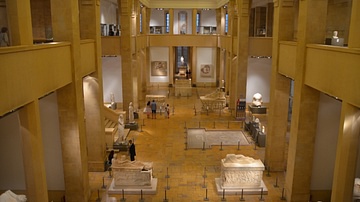
Image
National Museum of Beirut, Lebanon
The National Museum of Beirut is the principal museum of archaeology in Lebanon. About 1300 artifacts are exhibited, ranging in date from prehistoric times to the medieval Mamluk period.
![Faqra, Lebanon [Site 2]](https://www.worldhistory.org/img/c/p/360x202/13438.jpg?v=1614599103)
Image
Faqra, Lebanon [Site 2]
The archaeological site of Faqra in Lebanon, located in the Nahr El-Kalb valley region in the north of Beirut. The site is dominated by a huge 15 m. sq. tower, which originally had a third storey and a pyramid-shaped roof, as well as a small...
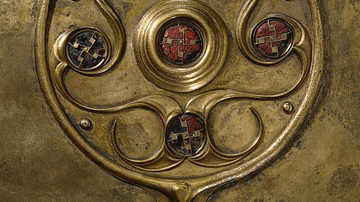
Image
Battersea Shield Detail
A detail of the Battersea Shield, a bronze covering once attached to a wood or leather backing. The red elements are glass paste. Likely made in Britain, 350-50 BCE. (British Museum, London)